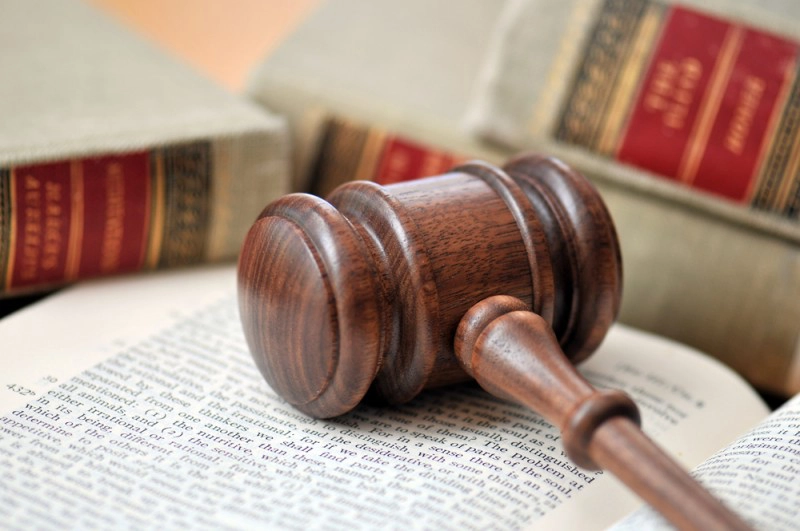People often ask, “What is my bankruptcy estate and what’s included?” Simply put, your bankruptcy estate is all of your property that is part of your bankruptcy case. Typically, though with some exceptions, the property you obtain after filing for bankruptcy is not regarded as being part of your bankruptcy estate. However, you are obligated to fully disclose all of the property that is part of your bankruptcy estate along with it’s value. Property that is not considered to be within your bankruptcy estate is safeguarded, and the court can neither seize or ask you to pay its value to your creditors.

It may surprise you what is considered part of your bankruptcy estate. Within the two years before filing bankruptcy property transferred to a third party for less that it’s actual value might be treated by the bankruptcy trustee as being part of your bankruptcy estate. This may result in the trustee taking legal action to recover the property to direct the recovered proceeds toward paying your creditors.
California is a community property state. If you’re married filing jointly for bankruptcy all the community property both your spouse and you own, as well as both of your separate property, is generally regarded as being part of the bankruptcy estate. If one of the spouses doesn’t file then all of the community property and all of the separate property for the spouse that is filing may be regarded as the bankruptcy estate.
Money produced by bankruptcy estate property falls within the bankruptcy estate and may not be exempt. If you are going to benefit from a contract that exists before filing the income produced as a result of the contract may be regarded as part of the bankruptcy estate. So income produced after filing by royalties from your pre-filing intelectual property, e.g. song rights, software rights may be regarded as being part of your bankruptcy estate.
Property obtained after filing for bankruptcy most often won’t be regarded as being part of the bankruptcy estate. However, there are some exceptions to this rule when the property is obtained within 180 days of filing. Some examples of this are death benefits or life insurance policy proceeds; property you receive or have a right to receive from a marital settlement agreement or judgement and also property that you inherit.






